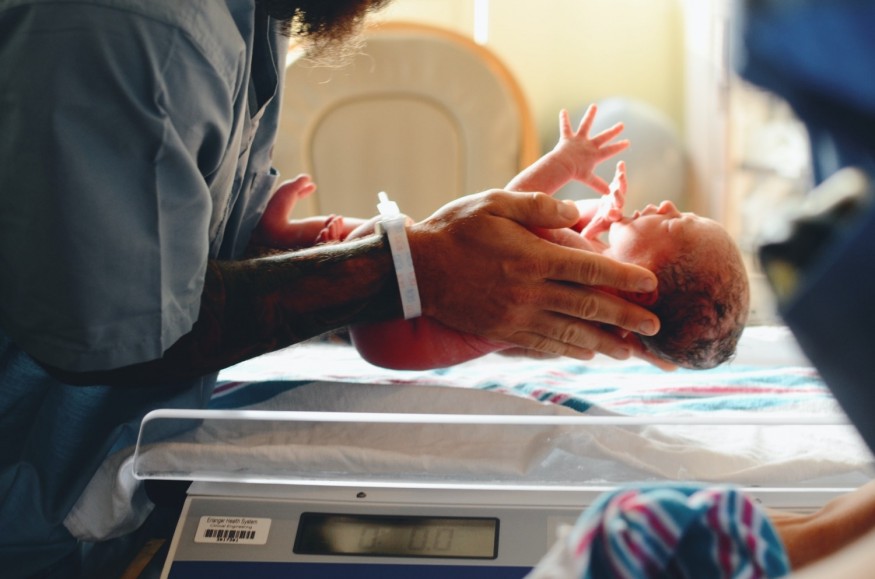
Jorge E. Chavarro, MD, ScD, found in his study that women born via cesarean section were 46% more likely to develop type 2 diabetes and 11% more likely to have obesity during adulthood compared with women delivered vaginally. The findings of his study are published in JAMA Network Open.
A previous study, also conducted by Chavarro, determined the direct relation between cesarean birth and obesity later on life. He now adds that not only is obesity the risk factor for cesarian section babies, but also type 2 diabetes.
In a prospective study, Chavarro and his colleagues interpreted data from 33,226 women born between 1946 and 1964. These women participated in the Nurses' Health Study II and followed-up through the end of the 2013-2015 period.
Information about the mode of delivery and pregnancy characteristics were obtained from the participants' mothers. The participant also provided updates on their weight and diabetes conditions every two years. After years of follow-up, researchers have found that 36.6% of women had obesity, and 6.1% received a diagnosis of type 2 diabetes.
Chavarro claims that the findings were consistent across multiple strategies in suggesting that the associations connected to birth by cesarean delivery were found to be true. He adds that whether or not the results are applicable to men or to individuals born today, especially with cesarean delivery being more common, remains to be questionable.
Read also: Herd Immunity Vs Coronavirus: How Does it Work and the Role of Vaccines in Ending the Pandemic
Voluntary C-Section Should be Lessened
Sometimes C-sections are medically necessary, especially when vaginal birth poses some danger to the infant or mother. However, several studies have found that cesarian sections are being performed for low-risk pregnancies, too.
Andrew Shennan, a professor of obstetrics at Kings College in London, says that women who need to deliver via c-section should not be concerned, as it is necessary for them to prioritize their safety, as well as that of the infant. However, he claims that it does indeed add to the evidence that those who choose c-section as a routine could expect harmful effects on their child in the future.
Gut Microbes in Babies
The UK scientists say that early encounters with microbes may act as an indicator of the immune system. BBC reports that this could help explain why Cesarian babies are more likely to develop health problems later in life.
New research finds there are notable differences between babies who were born via cesarean and babies born vaginally when it comes to a newborn's microbiome. A microbiome is the bacteria that colonize our gut and play an essential role in keeping us healthy.
It was believed that babies' microbiomes might have been formed by bacteria that infants swallow while in the birth canal. But the latest findings revealed that the microbiome of vaginally delivered newborns did not presumably come from vaginal bacteria.
In an extensive study, researchers discovered that vaginally born babies got most of their gut bacteria from their mother, while babies born through cesarean section did not. Instead, they had more bacteria linked with hospitals in their guts. However, these differences had disappeared by the time the babies were weaned.
© 2026 ScienceTimes.com All rights reserved. Do not reproduce without permission. The window to the world of Science Times.











